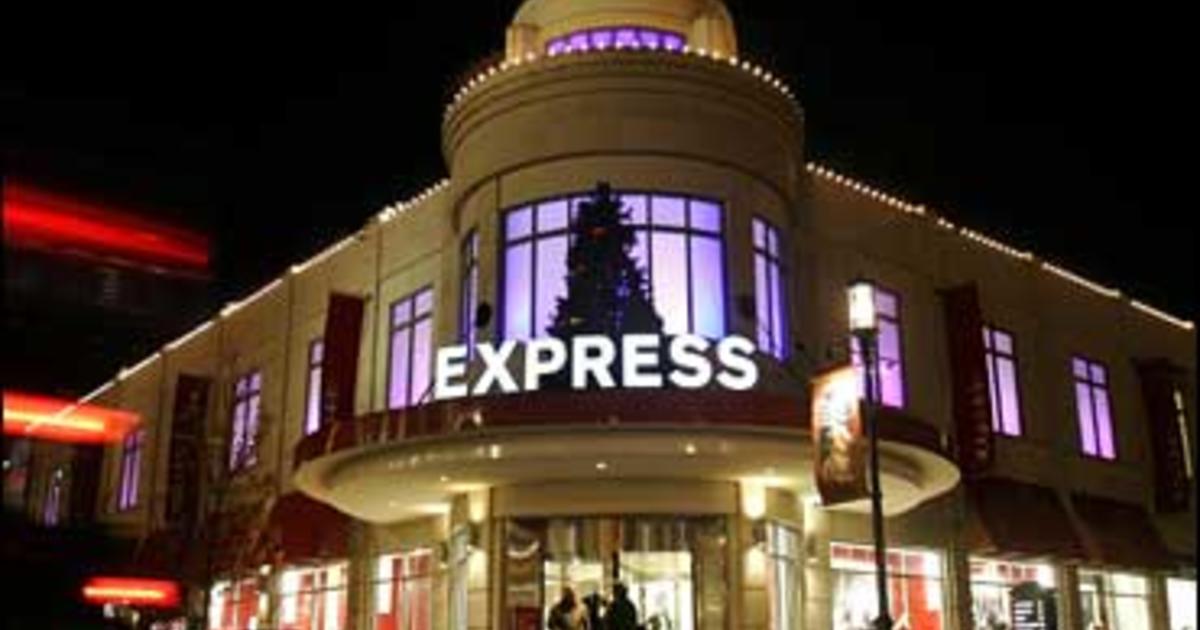For Colonial Williamsburg, a lesson in modern finance
WILLIAMSBURG, Va. - Colonial Williamsburg will outsource many of its commercial operations and lay off workers in response to declining attendance and long-running financial challenges, the living history museum's top official announced Thursday.
The nonprofit foundation that operates the attraction is in final negotiations with four outside companies that will manage its golf operations, retail stores, much of its maintenance and facilities operations and its commercial real estate, President and CEO Mitchell Reiss said.
"For a variety of reasons -- business decisions made in years past, less American history being taught in schools, changing times and tastes that cause us to attract half the visitors we did 30 years ago -- the Foundation loses significant amounts of money every year," he wrote.
A foundation statement said 71 jobs will be eliminated by year's end, and another 262 employees may choose to work for the contract companies, which agreed to hire and retain eligible employees for at least the next year.
Reiss said none of the costumed interpreters, who reenact life in colonial times amid the historic buildings, will be affected.
"If there was any other way to save the Foundation, I would eagerly have taken it," Reiss wrote in a letter shared publicly. "But there isn't."
The foundation said its operating losses last year totaled $54 million, or $148,000 per day. It also borrowed heavily to improve its hospitality facilities and visitors center and ended 2016 with more than $300 million in debt, Reiss said.
Combined, those factors put pressure on the foundation's endowment, with withdrawals reaching as high as 12 percent per year. Reiss said at that rate, the approximately $684 million endowment could be exhausted in just eight years or perhaps sooner.
"What we do here -- bringing our history alive and telling America's story -- is what grounds us, what connects us, and what helps us to understand one another," Reiss wrote. "This is the role that Colonial Williamsburg has played in the past. It is the role we play today. It is the role we will play far into the future, provided we take action now."
Williamsburg served as the capital of Virginia from 1699, when nearby Jamestown burned to the ground, until 1780. The city southeast of Richmond fell into disrepair but was revived in the 1920s in a restoration project financed by John D. Rockefeller Jr.
Rockefeller family members Catharine Broderick, Steven C. Rockefeller and John D. Rockefeller IV released a statement supporting Reiss' strategy: "Would our grandfather and great-grandfather John D. Rockefeller, Jr. (JDR, Jr.) have endorsed the current change? Yes. Because his primary goal was that Colonial Williamsburg would continue to tell the story of our Nation's founding for generations to come."
Today, Colonial Williamsburg is a mix of historic and contemporary, where visitors can interact with the costumed workers and tour historic buildings but also browse apparel, jewelry, food and other shops in a retail square.



